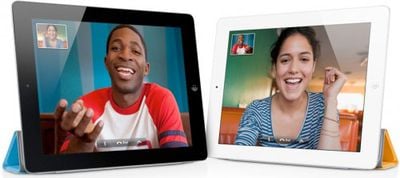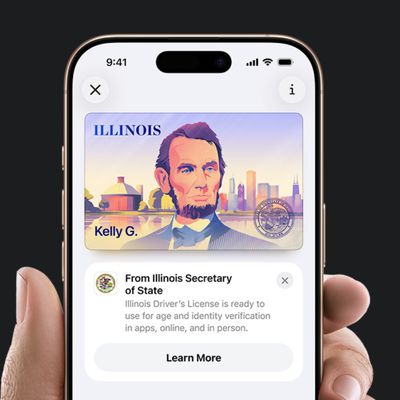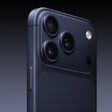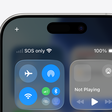
Calls made using Apple's video chat program, FaceTime, are encrypted end-to-end and -- with the right setup -- are HIPAA compliant, according to a statement from the company obtained by ZDNet.
This matters because any products for healthcare purchased with federal funds must be HIPAA-compliant. HIPAA, or the Health Insurance Portability and Accountability Act, was a large health-care bill passed in 1996, that, among other things, instituted wide requirements and guidelines surrounding patient privacy and confidentiality.
Keeping Protected Health Information, or PHI, safe and secure is essential for healthcare providers and FaceTime meeting those requirements allows hospitals to not only purchase iPads with federal funds, but it allows doctors to use FaceTime to confer with colleagues about patient issues and to talk directly to patients remotely.
However, to be truly compliant, hospitals need to have the proper wireless network. The WEP encryption protocol isn't strong enough and Apple recommends WPA2 Enterprise for secure communications:
iPad supports WPA2 Enterprise to provide authenticated access to your enterprise wireless network. WPA2 Enterprise uses 128-bit AES encryption, giving users the highest level of assurance that their data will remain protected when they send and receive communications over a Wi-Fi network connection.
In addition to your existing infrastructure each FaceTime session is encrypted end to end with unique session keys. Apple creates a unique ID for each FaceTime user, ensuring FaceTime calls are routed and connected properly.
FaceTime is available on the iPhone 4, iPad 2, fourth generation iPod touch and Macs running Snow Leopard and Lion. Video chats are available between any and all of these devices.
Apple has aggressively promoted the feature since it was released.





















Top Rated Comments
But what too few tech companies realize is: a list of specs is ALSO only sizzle. What you can DO with the product, and how well, and how easily, is the steak!
Look at cameras that list high megapixels (sizzle) but take poorer pictures (no steak). Or Android tablets that claim Flash (sizzle) even though it doesn’t work well, while there are almost zero truly excellent tablet-scale apps to use (no steak).
Emotion is Apple's sizzle. It's not about the specs -- it's about what you can do with it.
If the connection is really properly end-to-end encrypted, the wifi network security doesn't really matter. It could be an open network and still be okay. That's the point of encryption, after all.
On the other hand, if network-level encryption is important, no amount of encrypting one endpoint network is going to help at all if the connection then goes across the Internet through who-knows-what backbone providers and whatever Internet provider the end user has.
Or if they're saying that the connection is secure as long as it stays on a single secure network, that's barely interesting.
----------
i think its more for a physician to consult the patient in the hospital from his device to the hospitals device when he is not on site, not necessarily for you to facetime a patient at home
sort of why they mention the hospital wifi encryption which patients would not have access to
No need. FaceTime can be called using an email address.